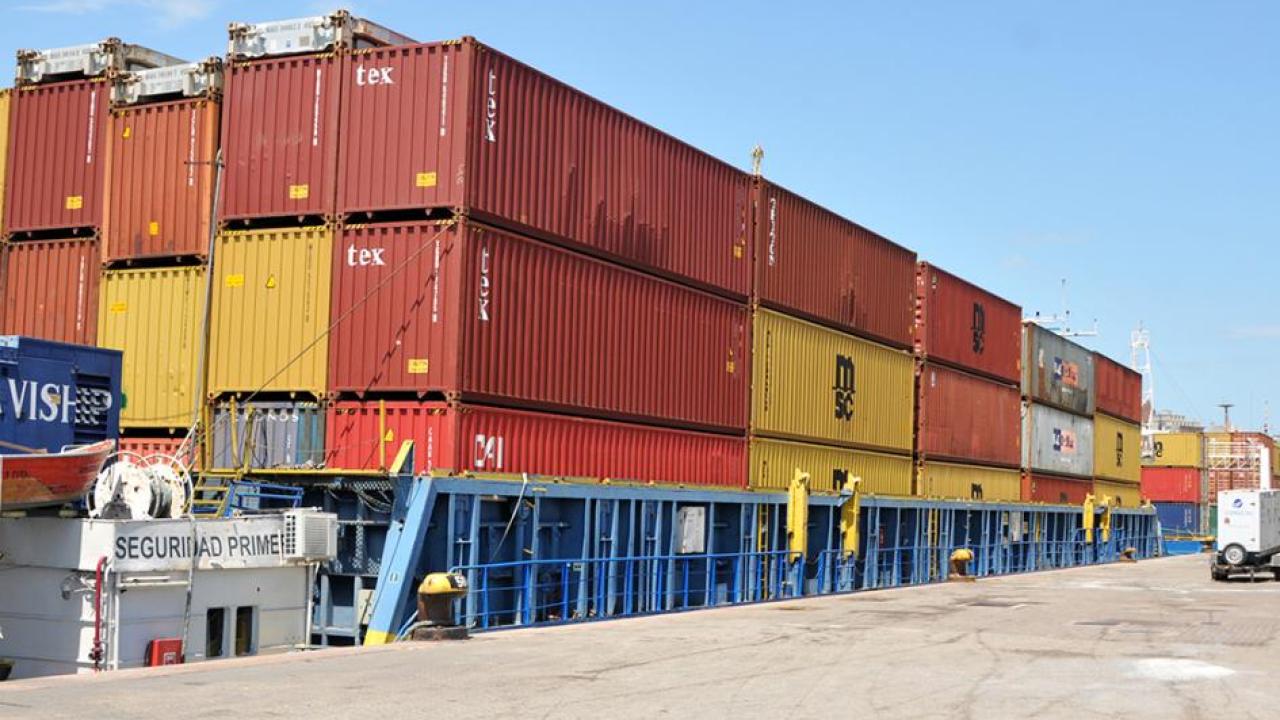
The trade debt between Argentine importers and Uruguayan exporters is estimated at US$200 million.
Uruguayan exporters pointed out that trade with Argentina has improved compared to the situation they faced during the government of Alberto Fernández. However, they indicated that the commercial debt - estimated at approximately US$ 200 million - that importers from the neighboring country have with Uruguayan suppliers remains unchanged and has not been reduced.
In dialogue with El Observador , the president of the Union of Exporters of Uruguay (UEU), Facundo Márquez, said that there is an improvement in the commercial dynamism with the neighboring country, mainly due to the "good functioning" of the new Statistical System of Imports of Argentina (SEDI) - implemented by the government of Javier Milei - which replaced the controversial System of Imports of the Argentine Republic (SIRA), through which permits and obstacles that hindered foreign trade were required.
"Uruguayan companies have been able to continue working with their Argentine clients. Although they continue to hope to be able to reduce their overdue debt as soon as possible, it is not like before when they were not even able to collect what they were sold. Now they maintain that debt with Argentine importers but continue selling to them because they are getting paid," explained Márquez.
Regarding the improvement in trade dynamics with the neighboring country, the president of the export association explained that it has nothing to do with an increase in the amount exported but rather with the functioning of the SEDI.
"The system works better. Before, many permits were needed and it was not clear whether you could charge or not, which hampered the commercial dynamic. That does not happen now, but it is not like we are selling much more to Argentina because its economic reality does not allow it," explained Márquez.
ARGENTINA'S TRADE DEBT WITH URUGUAYAN SUPPLIERS
At the end of last year, both the Chamber of Industries of Uruguay (CIU) and the UEU had estimated that the commercial debt of Argentines with Uruguayan suppliers was between US$ 15 million and US$ 30 million. However, the figure quickly increased to approximately US$ 200 million.
However, Marquez said the figure is neither exact nor official as not all companies want to say how much money they are owed. "Companies are reluctant to share these numbers, they are quite confidential data that is left to the discretion of those who want to share them," he said.
Among the exporters who did decide to disclose their data to the UEU, there are different situations. According to Márquez, although the commercial debt "is important", he explained that "in many cases" they are debts between the same business group.
"Many of these debts are between subsidiaries of the same company, a multinational that owes its Uruguayan branch, for example. Most of them are intra-purchase debts. Although the Argentine company owes the Uruguayan one, when you look at it from the parent company the net amount is zero. It is still debt, for the Uruguayan branch it is money that is not coming in and it is a problem, but perhaps it is not as serious as for a small or medium-sized company that does not have that condition," explained the president of the exporters.
Although "trade debt has not been reduced," according to Márquez the issue "continues to be on the table" every time there are meetings between Uruguayan and Argentine authorities.









